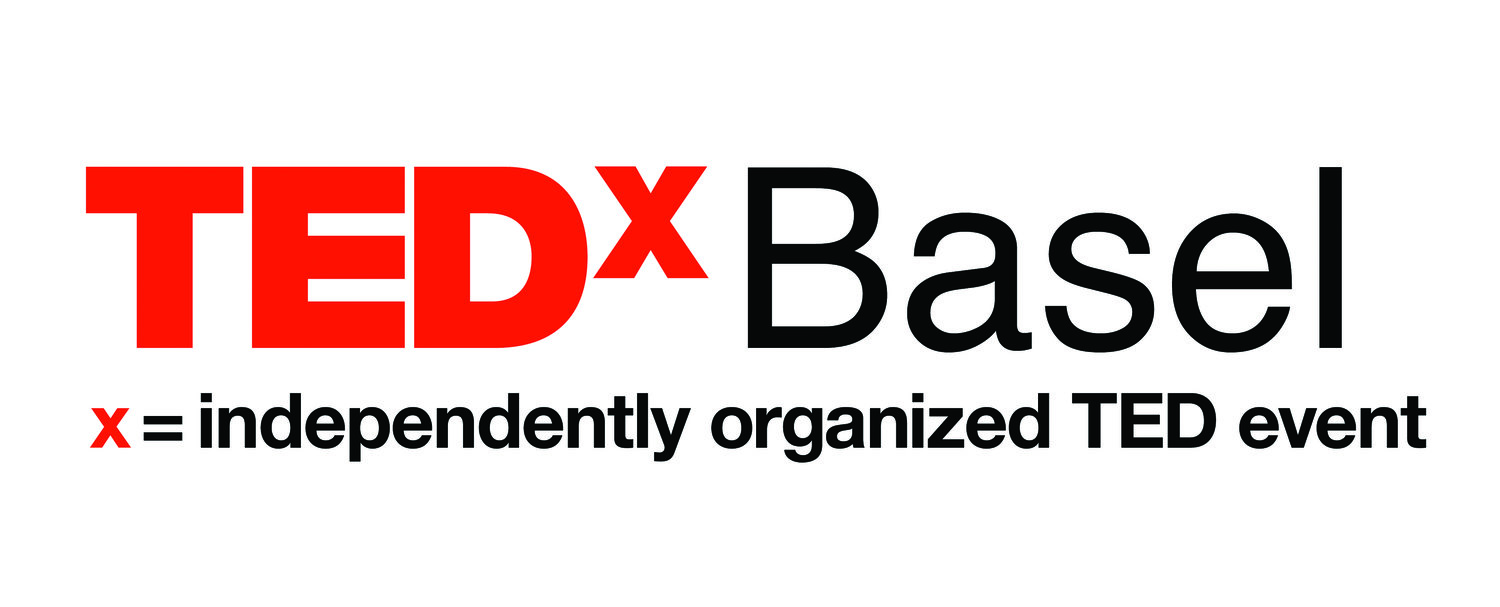TED's 31 days of Ideas - Day 2: Hope for wildlife on planet Earth
/Hope for wildlife on planet Earth
By Sylvia Earle
As I sat aboard the 340-foot National Geographic Lindblad Orion exploration vessel steaming through one of the most biodiverse regions on the planet, the Coral Triangle, and listened to Carl Safina deliver his mesmerizing talk, "What are animals thinking and feeling?," I felt a stirring of hope for wildlife on planet Earth. With such incision, Carl confirmed what I have observed through my decades of diving into the blue: fish have personalities! Eels have intelligence! Whales have empathy! Sharks exhibit rationality! These cognitive faculties that some humans insist make us distinct from the animal kingdom are actually shared by many of the creatures living on this blue speck in the universe. All one has to do is look and see, as Carl has so carefully done.
The first neurons showed up in jellyfish. How can we confidently say, then, that they don't share some of the cognitive abilities that we humans have? How can we look at dolphins and killer whales, whose brains are larger than ours, and doubt that the pain of removing a mother from her child is real? Why should it be un-scientific to "anthropomorphize," a word that itself denies the universal traits of much conscious life to any animal except we humans?
What stuck me most about Carl's talk was his handling of my favorite animal: humans. In recognizing that we are the most extreme manifestation of the animal qualities of compassion, love and, yes, violence, he shines a light on our immense power to make a difference in this world. Armed with knowledge, the decision about how to treat our fellow animals is left to each and every one of us. My hope is that information like the kind Carl shares in this TED Talk can make a difference and change the way we think about consuming the wildlife on this planet. It certainly inspired me.


